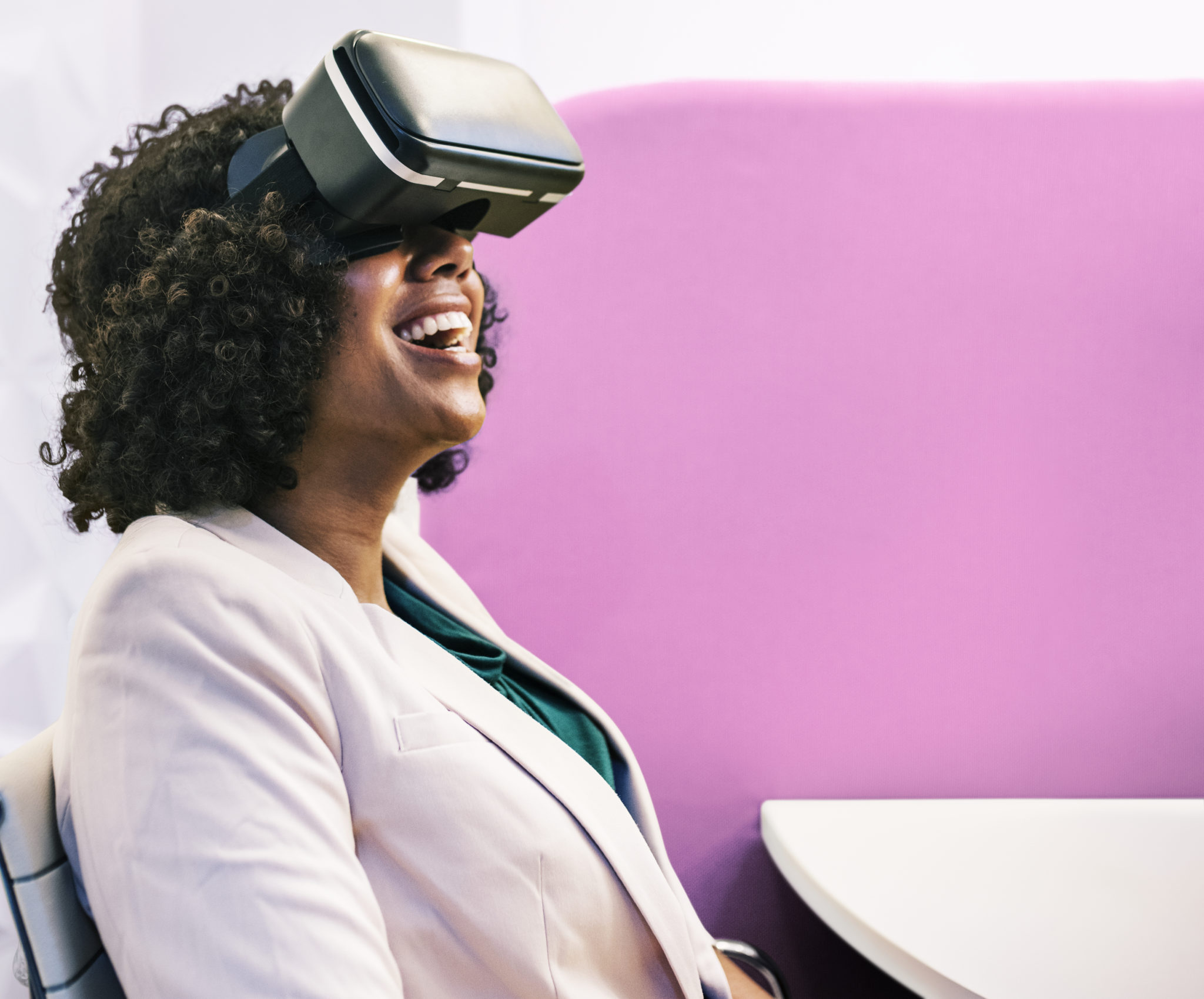Your presentation is ready, your numbers are in order, your diagrams are complete. All you have to do is reach the meeting room in New York, where your superiors and colleagues are eagerly awaiting your arrival. The meeting is in ten minutes, but you are still having breakfast in Bangalore.
Instead of panicking, you calmly put on your Virtual Reality (VR) headset and greet your team.
These kind of scenarios are now becoming a reality across the globe for remote working individuals. Whether you are in Delhi, Mumbai, Bangalore, or in small towns like Kanpur, Surat, or Coimbatore, performing well in a team is less and less related to your physical presence in a work space.
David Blay Tapia, journalist and remote work specialist says remote working is certainly impacting global work culture. “I think we are running towards a freelance society. Money for big company structures is receding, and you may not find the best talent near you. Also, the Z Generation saw their parents work more hours than they thought was necessary,” he says.
Tapia sees more changes in work culture in the coming future. “Technology made us faster and we have to profit from the extra time we have now,” he says. “There will be a change in more or less ten years. People who don’t want to leave their city for work and wish to live in better places will be opting for remote working. They would refrain from wasting time daily with a car, bus, or train travels.”
Immersive technologies like VR and Augmented Reality (AR) have special promise for remote workers, as it is poised to enhance communications in unprecedented ways.
How it helps
Running Remote, the upcoming conference in Bali, is poised to discuss the various nuances of remote working next month. One of the topics will be about collaborating visually within remote teams, since one of the biggest supposed barriers towards remote work is the lack of real time collaboration and the difficulty of communicating visual concepts.
This is where AR\VR steps in. Digital nomads and freelancers, who don’t stick to a location for long, can use VR for official communications instead of changing employers every time they shift.
In addition, companies with work teams spread across the globe can gather teams to one location using VR, saving travel costs as well as time. Seeing their colleagues sitting around in a virtual room also makes the experience more personal for remote employees, so they feel more involved.
Instead of shuffling papers around or going back and forth between windows, action items and notes can be pulled onto a single screen. Drawing on a virtual whiteboard or scheduling a meeting based on automated software are some of the features that are making this technology popular.
As Tapia says, “Imagine an architect interacting with you via VR on a project; a firefighter learning without any risk about how to rescue people; a designer with the option of wearing and changing in a minute; or a football scout watching a player from a distance of 3,000 kilometers. I think it will arrive, maybe not soon, but it will.”
Popular VR\AR Tools in the Market
Many companies are adopting AR\VR tools to keep their remote workers happy. Spatial, an AR platform creates an 3D avatar of the user and lets it join a virtual room with up to 15 members, using an AR headset.
MeetinVR helps optimize office space by connecting virtual and physical spaces through virtual meeting spaces. Glimpse Group is a VR and AR company developing the technology for all sorts of use cases, including remote working experience.
Dataview VR is a program helping financial analysts meet clients in VR. Similarly, Chimera is doing something similar in the education space by allowing students to attend class remotely in VR but still be able to interact with people who are actually in the classroom.
David Alexander, a designer, developer and digital marketer from Mazepress, has tried out a number of VR meeting spaces over the past 18 months to keep an eye on the possibilities. He says he finds Oculus Spaces and BigScreen to be the easiest tools to use for a meeting in VR.
“Both of these options allow you to share your screen in the virtual environment, so you can properly illustrate your ideas with videos, websites, or presentations,” he says.
Oculus Spaces also offers tools like a pen to use on a virtual whiteboard during VR meetings. Amazon Sumerian is another service that allows users to create their own virtual reality scenes, experiences, and is set to become a tool for creating immersive meeting spaces in the future.
“As a web designer and developer, I am extremely curious to find out how this will impact the use of the internet and I’m preparing by experimenting with the available VR enterprise tools,” he says.
In India, many startups are developing in this area. There is Noida-based SmartVizX, which makes simulated walkthroughs and Grey Kernel, which creates immersive and gamified content for training and simulation. GazeMatic has a VR voice-calling app, The Caller, that lets users attend calls together from different locations.
AR\VR in Training
Apart from meetings, training is an area that is benefiting from VR\AR. With the help of these technologies, training simulations are interactive, which ensure that information is readily available and easily digestible for collaboration and sharing.
Fortune 500 companies like Walmart and Boeing have started using this technology in their training facilities. Training done with VR\AR reduces errors and their severity. Research shows interactions in three dimensions help in understanding a subject much better than looking at it on a piece of paper. The vividity of a VR experience allows trainees to see a problem with more perception.
This article features a partner of an ESPACIO portfolio company.












